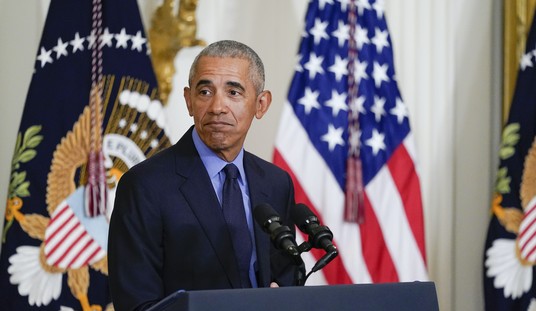It’s one man’s story of how he escaped from a North Korean prison camp after witnessing countless tortures, beatings, and murders. It’s a miracle he survived, and it’s a blessing we get to read about his story.
Here’s part of the story from the book excerpt posted in The Guardian:
His first memory is an execution. He walked with his mother to a wheat field, where guards had rounded up several thousand prisoners. The boy crawled between legs to the front row, where he saw guards tying a man to a wooden pole.
Shin In Geun was four years old, too young to understand the speech that came before that killing. At dozens of executions in years to come, he would listen to a guard telling the crowd that the prisoner about to die had been offered “redemption” through hard labour, but had rejected the generosity of the North Korean government.
Guards stuffed pebbles into the prisoner’s mouth, covered his head with a hood and shot him.
In Camp 14, a prison for the political enemies of North Korea, assemblies of more than two inmates were forbidden, except for executions. Everyone had to attend them.
The South Korean government estimates there are about 154,000 prisoners in North Korea’s labour camps, while the US state department puts the number as high as 200,000. The biggest is 31 miles long and 25 miles wide, an area larger than the city of Los Angeles. Numbers 15 and 18 have re-education zones where detainees receive remedial instruction in the teachings of Kim Jong-il and Kim Il-sung, and are sometimes released. The remaining camps are “complete control districts” where “irredeemables” are worked to death.
Shin’s camp, number 14, is a complete control district. Established around 1959 near Kaechon County in South Pyongan Province, it holds an estimated 15,000 prisoners. About 30 miles long and 15 miles wide, it has farms, mines and factories threaded through steep mountain valleys.
Shin and his mother lived in the best prisoner accommodation the camp had to offer. They had their own room, where they slept on a concrete floor, and they shared a kitchen with four other families. Electricity ran for two hours a day. There were no beds, chairs or tables. No running water.
If Shin’s mother met her daily work quota, she could bring home food. At 4am, she would prepare breakfast and lunch for her son and for herself. Every meal was the same: corn porridge, pickled cabbage and cabbage soup. Shin was always hungry and he would eat his lunch as soon as his mother left for work. He also ate her lunch. When she came back from the fields at midday and found nothing to eat, she would beat him with a shovel.
Her name was Jang Hye Gyung. She never talked to him about her past, her family, or why she was in the camp, and he never asked. His existence as her son had been arranged by the guards. They chose her and the man who became Shin’s father as prizes for each other in a “reward” marriage.
Single men and women slept in dormitories segregated by sex. The eighth rule of Camp 14 said, “Should sexual physical contact occur without prior approval, the perpetrators will be shot immediately.” A reward marriage was the only safe way around the no-sex rule. Guards announced marriages four times a year. If one partner found his or her chosen mate to be unacceptably old, cruel or ugly, guards would sometimes cancel a marriage. If they did, neither the man nor the woman would be allowed to marry again. Shin’s father, Shin Gyung Sub, told Shin that the guards gave him Jang as payment for his skill in operating a metal lathe.
After their marriage, the couple were allowed to sleep together for five consecutive nights. From then on, Shin’s father was permitted to visit Jang a few times a year. Their eldest son, Shin He Geun, was born in 1974. Shin was born eight years later. The brothers barely knew each other. By the time Shin was four, his brother had moved into a dormitory.
The guards taught the children they were prisoners because of the “sins” of their parents but that they could “wash away” their inherent sinfulness by working hard, obeying the guards and informing on their parents.
One day, Shin joined his mother at work, planting rice. When she fell behind, a guard made her kneel in the hot sun with her arms in the air until she passed out. Shin did not know what to say to her, so he said nothing.
(Click the link in the tweet to continue reading this story.)
























Join the conversation as a VIP Member